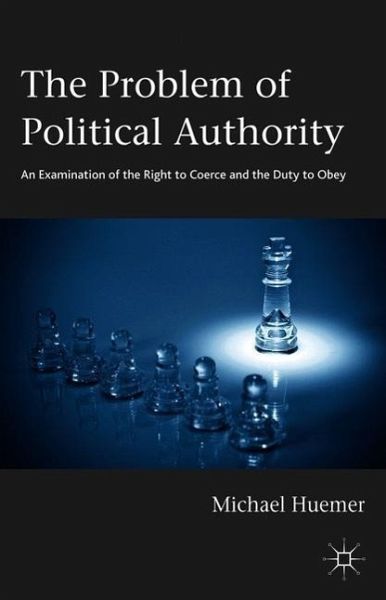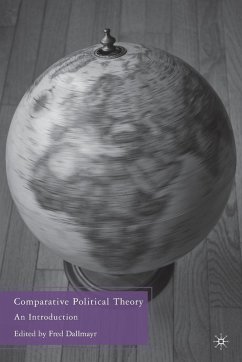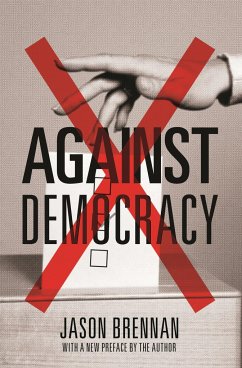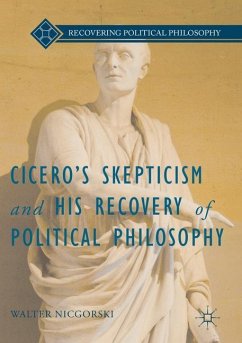
The Problem of Political Authority
An Examination of the Right to Coerce and the Duty to Obey
Versandkostenfrei!
Versandfertig in 6-10 Tagen
76,99 €
inkl. MwSt.
Weitere Ausgaben:

PAYBACK Punkte
38 °P sammeln!
Modern states commonly deploy coercion in a wide array of circumstances in which the resort to force would clearly be wrong for any private agent. What entitles the state to behave in this manner? And why should citizens obey its commands? This book examines theories of political authority, from the social contract theory, to theories of democratic authorization, to fairness- and consequence-based theories. Ultimately, no theory of authority succeeds, and thus no government has the kind of authority often ascribed to governments.The author goes on to discuss how voluntary and competitive insti...
Modern states commonly deploy coercion in a wide array of circumstances in which the resort to force would clearly be wrong for any private agent. What entitles the state to behave in this manner? And why should citizens obey its commands? This book examines theories of political authority, from the social contract theory, to theories of democratic authorization, to fairness- and consequence-based theories. Ultimately, no theory of authority succeeds, and thus no government has the kind of authority often ascribed to governments.
The author goes on to discuss how voluntary and competitive institutions could provide the central goods for the sake of which the state is often deemed necessary, including law, protection from private criminals, and national security. An orderly and liveable society thus does not require acquiescence in the illusion of political authority.
Argues that no state possesses legitimate authority, and no individual is obligated to obey a law merely because it is the law
The author goes on to discuss how voluntary and competitive institutions could provide the central goods for the sake of which the state is often deemed necessary, including law, protection from private criminals, and national security. An orderly and liveable society thus does not require acquiescence in the illusion of political authority.
Argues that no state possesses legitimate authority, and no individual is obligated to obey a law merely because it is the law














